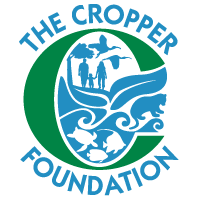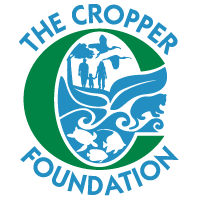With The University of the West Indies providing significant intellectual leadership, the Foundation, along with other partners, undertook the follow-up work of the assessment of the Caribbean Sea by capitalizing on opportunities to make interventions. Issues that impact upon tourism-based and fishing activities pose some of the greatest threats to this region.
Unlike some other environmental challenges which seem remote and may be perceived as irrelevant as a result, threats to these waters are quickly seen and felt by the people whose lives and livelihoods are most closely connected to it. In 2005, the Foundation initiated a follow-up project to the Caribbean Sea Assessment, “Outreach and Capacity Building: Towards Sustainable Management of the Caribbean Sea”. The long-term goal involved influencing policy, governance and international co-operation for management and use of the Caribbean Sea in ways that might sustain its integrity and functioning as an ecosystem, and secure its benefits for people’s economic and social well-being. As such, the Caribbean Sea Assessment proved critical in catalysing the establishment of the Caribbean Sea Commission which has the objective of promoting and contributing to the sustainable development of the Caribbean Sea for present and future generations, and coordinated by the Associated of Caribbean States.



